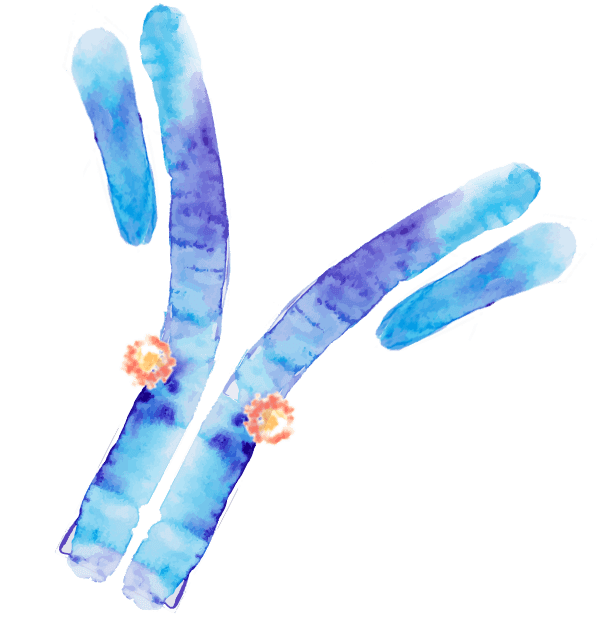Novel Therapeutics for Immunological Diseases
Developing safer, more durable treatments to improve the lives of patients
More









ALTB-168
PRECLINICAL
PHASE I
PHASE IIA
PHASE IIB
PHASE III
MARKET
Phase II Phase 2a Psoriasis trials completed with signs of clinical efficacy achieved.
PRECLINICAL
PHASE I
PHASE IIA
PHASE IIB
PHASE III
MARKET
Phase II Phase 2a Psoriatic Arthritis trial completed with signs of clinical efficacy demonstrated.
PRECLINICAL
PHASE I
PHASE IIA
PHASE IIB
PHASE III
MARKET
Phase II Phase 2a anti-TNFα and/or anti-integrin refractory/intolerant Ulcerative Colitis trial completed with signs of clinical efficacy demonstrated; continued UC development planned with ALTB-268.
PRECLINICAL
PHASE I
PHASE IIA
PHASE IIB
PHASE III
MARKET
Phase I Phase 1b multi-dose steroid/treatment refractory acute graft versus host disease trial completed with signs of clinical efficacy.
PRECLINICAL
PHASE I
PHASE IIA
PHASE IIB
PHASE III
MARKET
Phase I Investigator sponsored Phase 1 front line acute graft versus host disease trial ongoing.
ALTB-268
PRECLINICAL
PHASE I
PHASE IIA
PHASE IIB
PHASE III
MARKET
Phase II Potency improved version of ALTB-168, Phase 1 trial in healthy volunteers completed. Ph2a trial in UC patients initiated in late 2023.


